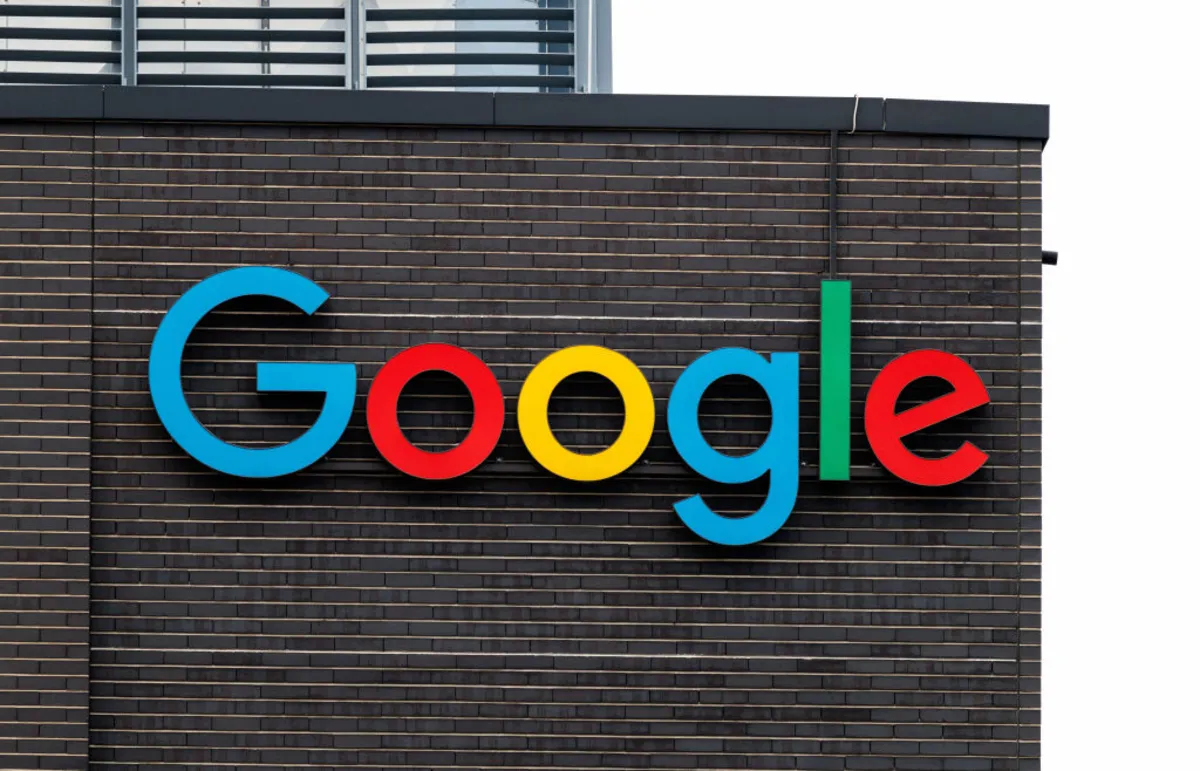
On Thursday, Google announced the rollout of innovative AI and accessibility features aimed at improving user experience on Android devices and the Chrome browser. Among the significant updates is the enhancement of TalkBack, Android's built-in screen reader, which now allows users to engage with Gemini, Google’s advanced AI, to inquire about images and the content displayed on their screens.
Previously, Google introduced Gemini's capabilities to TalkBack, enabling individuals who are blind or have low vision to receive AI-generated descriptions for images, even in instances where Alt text is not provided. The latest update takes this functionality a step further, allowing users to ask Gemini questions about their images. For instance, if someone receives a text message with a photo of a friend’s new guitar, they can now request a detailed description and inquire about specifics such as the brand and color.
Moreover, users can now seek information about their entire phone screen. If you are browsing through a shopping app, you can ask Gemini whether a particular item is made of a specific material or if there are any discounts available. This new feature significantly enhances the accessibility of mobile shopping and information retrieval for users with visual impairments.
In addition to TalkBack enhancements, Google has updated Expressive Captions, a real-time captioning feature for Android that leverages AI to capture not just what is being said, but also the way it is expressed. Recognizing that speech patterns can vary significantly, Google has introduced a new duration feature. This allows users to discern nuances in speech, such as when a sports announcer emphasizes an “amaaazing shot” or when someone is playfully elongating their “no” to “nooooo.”
Furthermore, users will notice new labels for various sounds, enhancing context and clarity. For example, captions will now indicate when a person is whistling or clearing their throat, making conversations more engaging and informative for individuals relying on captions for comprehension.
Google is also addressing accessibility for documents by making it easier to access PDFs on the Chrome browser. Previously, users encountered challenges when trying to interact with scanned PDFs using a screen reader on the desktop version of Chrome. The new update introduces Optical Character Recognition (OCR), enabling Chrome to automatically recognize scanned PDFs. This allows users to highlight, copy, and search for text just as they would on any regular webpage, significantly enhancing the experience for individuals who use screen readers.
These updates will initially roll out in English across the U.S., U.K., Canada, and Australia for devices operating on Android 15 and above. Google continues to prioritize accessibility, striving to make technology more inclusive for everyone.
With these advancements, Google reaffirms its commitment to enhancing the digital experience for individuals with disabilities, leveraging AI to provide practical solutions that foster independence and facilitate access to information.